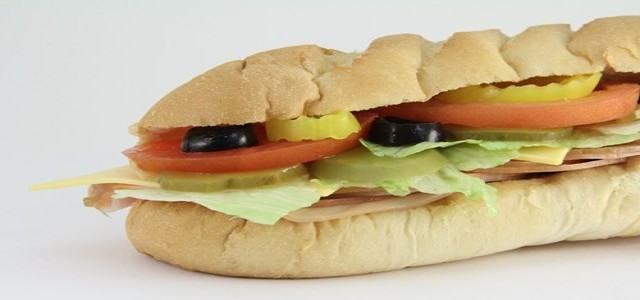
Food aid charity institutions in the United Kingdom have recognized the appearance of ‘newly hungry’ people who were previously enjoying comfortable incomes. This cohort of people has been forced to claim welfare benefits and utilize food banks amid the COVID-19 pandemic, state reports.
According to the National Director of Charity, Andrew Forsey, the nation is witnessing families at food banks who, prior to the pandemic, were capable of paying their bills and were also in a comfortable position for putting food on the table. It, however, has been the first time in years that this is no longer the case.
As per a statement by the Black Country Food Bank, Dudley, the new cohort of people who had approached for help amid the pandemic had typically never utilized food banks earlier. These people are habitual to a certain lifestyle comprising car finance, more outings, credit cards, and have always been there in the workforce. In addition, this phenomenon of the ‘newly hungry’ has been reporting staggering rises in the volume of food aid that has been furnished between March and September, with the trend estimated to continue amid a new extended lockdown.
While the pre-pandemic research depicted a wide majority of people availing food banks being penniless and destitute, the extending user demographic of recent months is an indicator of how the outbreak has pushed the cost-of-living further up the income scale.
In the light of this issue, the Independent Food Aid Network and the Feeding Britain Network have called on the ministers for committing to keep the £20-a-week COVID-19 top-up for tax credits and universal credit, and to expand it to over a million people on legacy benefits who were exempted from the previous April’s one-year uplift. This has reportedly urged the MPs to schedule a debate and voting on this issue in the upcoming weeks, cited sources.
Source Credits:




